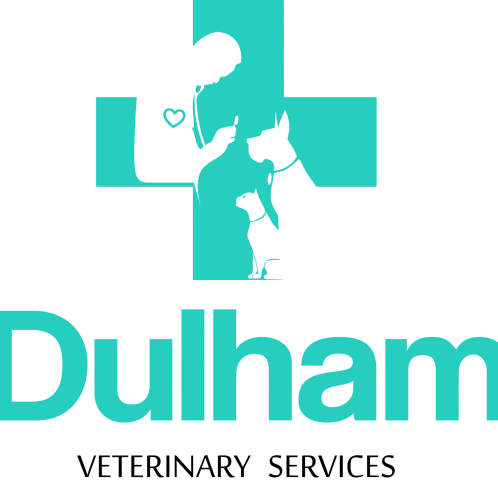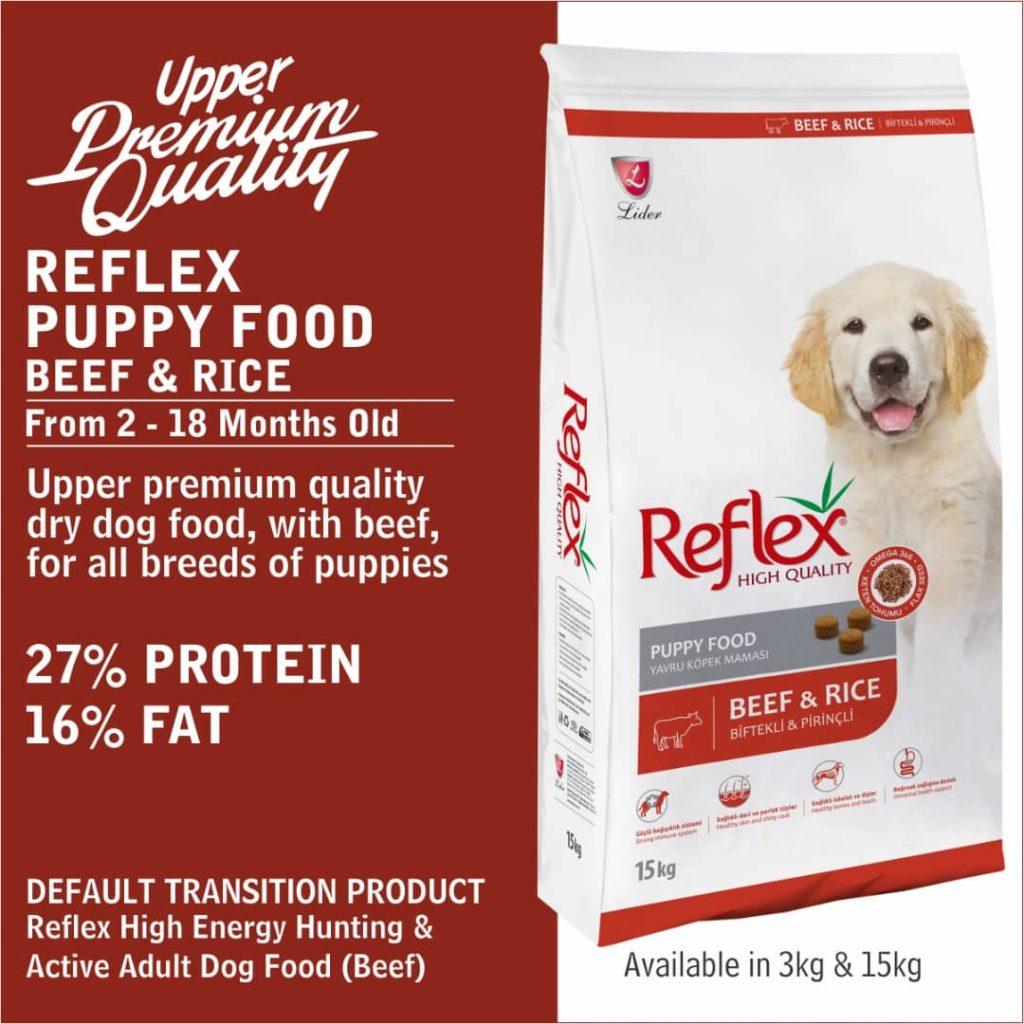Providing optimal nutrition for your pet is one of the most important responsibilities of pet ownership. Proper pet nutrition and dietary supplements can significantly impact your pet’s health, longevity, and quality of life. This comprehensive guide explores the fundamentals of pet nutrition, helping pet owners navigate the complex world of commercial pet foods, homemade diets, and supplements to make informed decisions for their furry companions.
Understanding Basic Pet Nutritional Requirements
All pets require a balanced diet containing six essential nutrients: proteins, fats, carbohydrates, vitamins, minerals, and water. However, the specific requirements vary dramatically between species, breeds, and individual animals based on factors such as:
- Age and life stage (puppy/kitten, adult, senior)
- Activity level and lifestyle
- Health status and existing medical conditions
- Reproductive status (pregnant, nursing)
- Size and metabolism
Proteins: The Building Blocks
Proteins are vital for tissue growth, maintenance, and repair. They consist of amino acids, some of which are “essential” because animals cannot synthesize them internally and must obtain them through diet.
- Dogs are omnivores with higher protein requirements than many other animals, needing quality sources like meat, eggs, and some plant proteins.
- Cats are obligate carnivores, requiring animal-based proteins containing essential amino acids like taurine, which they cannot produce in sufficient quantities themselves.
- Small mammals like rabbits and guinea pigs have unique protein requirements, with most herbivorous species needing less protein but of specific plant origin.
Fats: Energy and Essential Fatty Acids
Dietary fats provide:
- The most concentrated source of energy
- Essential fatty acids for cell function and inflammation control
- Support for skin and coat health
- Carriers for fat-soluble vitamins
Omega-3 and omega-6 fatty acids are particularly important in pet nutrition and dietary supplements, with most pets benefiting from a balanced ratio between these two types.
Carbohydrates: Energy and Fiber
While not technically “essential” for all pets (particularly cats), carbohydrates provide:
- Readily available energy
- Dietary fiber for digestive health
- Structure and texture to commercial pet foods
The appropriate carbohydrate content varies significantly between species:
- Dogs can efficiently utilize properly cooked carbohydrates
- Cats have limited carbohydrate-processing enzymes and thrive on lower-carb diets
- Herbivores like rabbits require high-fiber carbohydrates as their primary energy source
Evaluating Commercial Pet Foods
When selecting commercial diets, consider:
Quality Indicators in Pet Food
- AAFCO statement – Look for foods that meet the Association of American Feed Control Officials’ standards for “complete and balanced” nutrition
- Named protein sources – “Chicken,” “beef,” etc. rather than generic “meat” or “animal” products
- Absence of artificial colors and preservatives – Natural preservatives like vitamin E (tocopherols) and vitamin C (ascorbic acid) are preferable
- Appropriate life stage formulation – Puppies, kittens, and growing animals have different needs than adults or seniors
Different Types of Commercial Diets
- Dry food (kibble) – Convenient, economical, and helpful for dental health, but typically lower in moisture and higher in carbohydrates
- Wet food (canned) – Higher moisture content, often more palatable, typically higher in protein and fat
- Fresh/refrigerated foods – Minimally processed with higher nutrient bioavailability, but more expensive and perishable
- Raw diets – Controversial but growing in popularity; require careful handling to prevent pathogen exposure
- Freeze-dried/dehydrated – Convenience of dry food with minimal processing, often used as toppers
The Role of Supplements in Pet Nutrition
Pet nutrition and dietary supplements should be approached thoughtfully rather than haphazardly. Supplements should complement, not replace, a balanced diet.
When Supplements May Be Beneficial
- Medically indicated situations – Veterinarian-recommended supplements for specific conditions
- Homemade diet supplementation – Ensuring complete nutrition when feeding home-prepared foods
- Life stage support – Growing animals, senior pets, or pregnant/nursing females
- Performance enhancement – Working dogs, competition animals, or highly active pets
- Recovery support – Pets recovering from illness or surgery
Common Beneficial Supplements
Omega-3 Fatty Acids
- Sources: Fish oil, krill oil, algae oil
- Benefits: Anti-inflammatory properties, skin and coat health, cognitive function, heart health
- Considerations: Quality varies widely; oxidation can occur with improper storage
Joint Support Supplements
- Ingredients: Glucosamine, chondroitin, MSM, green-lipped mussel
- Benefits: Support cartilage health, may reduce inflammation, potentially slow progression of arthritis
- Best for: Senior pets, large breed dogs, pets with existing joint issues
Probiotics and Digestive Enzymes
- Benefits: Support healthy gut microbiome, aid digestion, may help with food transitions
- Considerations: Strain-specific benefits, need for appropriate CFU (colony-forming unit) counts
Vitamins and Minerals
- Benefits: Address specific deficiencies or support unique requirements
- Caution: Overdosing certain vitamins and minerals can be harmful; professional guidance is recommended
Tailoring Nutrition to Special Needs
Senior Pets
Aging pets typically benefit from:
- Adjusted protein levels (often higher quality, moderate quantity)
- Anti-inflammatory nutrients like omega-3s
- Joint support supplements
- Increased antioxidants
- Adjusted calorie density to prevent weight gain while maintaining muscle
RECOMMENDED
- Cost and Types of Dog Vaccination in Nigeria, 2025: Price & Schedule
- Vaccination & Deworming for Pets in Nigeria: A Complete Guide
- Essential Health Screenings: Top 10 Laboratory Tests Every Dog Owner Should Know About
Pets with Medical Conditions
Specific nutritional approaches may help manage:
- Kidney disease – Controlled phosphorus, moderate protein
- Diabetes – Consistent carbohydrate levels, higher protein
- Food allergies – Novel protein or hydrolyzed diets
- IBD/digestive issues – Highly digestible proteins, specific fiber types
- Urinary tract health – Moisture content, mineral balance, pH control
Creating a Balanced Homemade Diet
Homemade diets require careful planning but give pet owners total control over ingredients. Consider:
- Consult professionals – Work with a veterinary nutritionist to create a balanced recipe
- Use appropriate supplementation – Most homemade diets require vitamin/mineral supplements to be complete
- Maintain proper proportions – Follow recipes precisely to ensure nutritional balance
- Rotate protein sources – Provides broader nutrient profiles and reduces risk of developing sensitivities
- Regular reassessment – Adjust recipes as your pet’s needs change
The Science Behind Pet Nutrition and Dietary Supplements
The field of pet nutrition continues to evolve, with research revealing:
- The importance of nutrient timing and feeding schedules
- Benefits of certain functional ingredients like antioxidants
- Interactions between gut microbiome and overall health
- Individual metabolic variations affecting nutritional needs
Pet owners should stay informed about evidence-based developments rather than following fads.
Common Nutrition Mistakes to Avoid
- Excessive treats – Can unbalance carefully formulated diets and contribute to obesity
- Inappropriate human food sharing – Some human foods are toxic to pets
- Inconsistent feeding practices – Sudden changes can cause digestive upset
- Supplement stacking – Using multiple products without understanding potential interactions
- One-size-fits-all approach – Failing to adjust nutrition based on individual needs
Creating a Holistic Nutrition Plan
A complete approach to pet nutrition and dietary supplements involves:
- Regular veterinary assessment – Body condition scoring, weight monitoring, bloodwork
- Observing responses – Coat quality, energy levels, stool quality, appetite
- Adjusting as needed – Life stage transitions, activity changes, health developments
- Documentation – Tracking food intake, supplement regimens, and responses
Ensuring Lifelong Health with Proper Pet Nutrition
Proper nutrition forms the foundation of your pet’s health and wellbeing. By understanding the fundamentals of pet nutrition and dietary supplements, you can make informed choices that support your companion’s unique needs throughout their life. Remember that nutritional needs evolve over time, and regular reassessment with professional guidance ensures your pet receives optimal nourishment at every stage of life. Whether you choose commercial diets, homemade foods, or a combination approach, your commitment to quality nutrition is one of the most significant contributions to your pet’s long and healthy life.
At Dulham Veterinary Clinic, we offer expert guidance on pet nutrition and customized dietary plans to support your pet’s health at every stage of life.
Visit Us
No 23 Crown Court Estate 2, Orunbe Close, Oniru, Victoria Island, Lagos.
Phone Us
0806 632 9826
Mail Us
Frequently Asked Questions on Pet Nutrition (FAQs)
1. What are the essential nutrients my pet needs?
Your pet requires six essential nutrients: proteins, fats, carbohydrates, vitamins, minerals, and water. These nutrients support overall health, including muscle growth, energy production, immune function, and organ health. The exact requirements vary depending on your pet’s species, age, breed, and activity level.
2. Is homemade pet food better than commercial pet food?
Homemade pet food can be beneficial if properly formulated, but it requires careful planning to ensure balanced nutrition. Commercial pet foods that meet AAFCO (Association of American Feed Control Officials) standards are formulated to provide complete and balanced nutrition. If you opt for homemade diets, consult a veterinary nutritionist to avoid deficiencies.
3. How do I choose the best pet food for my dog or cat?
Look for pet foods that:
- List high-quality animal proteins as the first ingredient (e.g., chicken, fish, or beef)
- Have an AAFCO statement ensuring complete and balanced nutrition
- Avoid artificial colors, preservatives, and fillers
- Are tailored to your pet’s age, size, and specific health needs
4. Do pets need dietary supplements?
Most pets receive adequate nutrients from a well-balanced diet, but some may benefit from supplements. Common beneficial supplements include:
- Omega-3 fatty acids for skin, coat, and joint health
- Probiotics for digestion and gut health
- Glucosamine and chondroitin for joint support
- Vitamins and minerals if a deficiency is diagnosed
Always consult your veterinarian before adding supplements to your pet’s diet to ensure they are necessary and safe.

